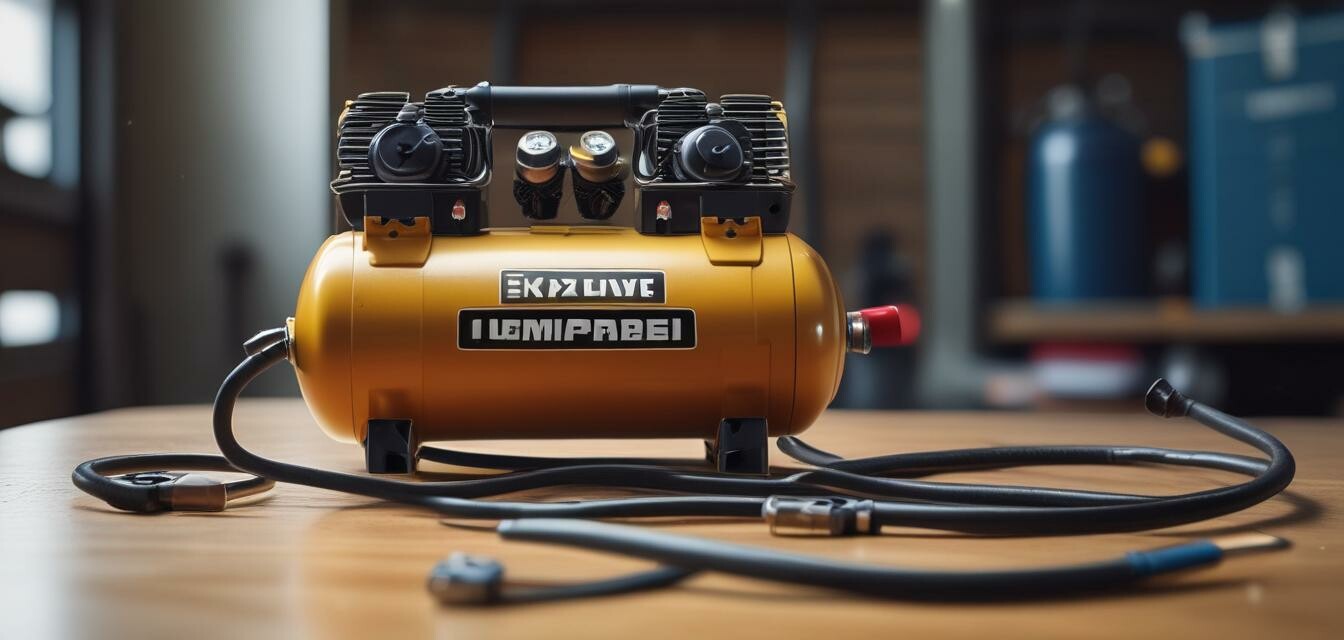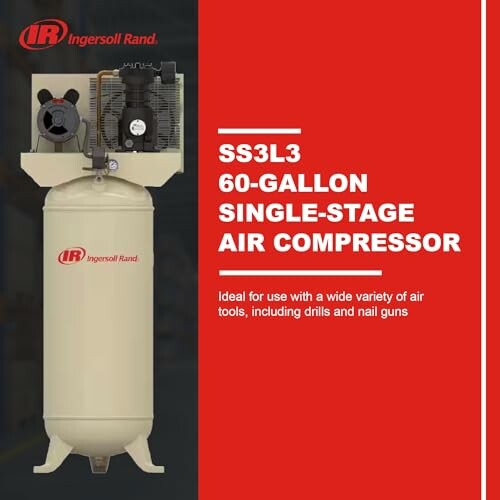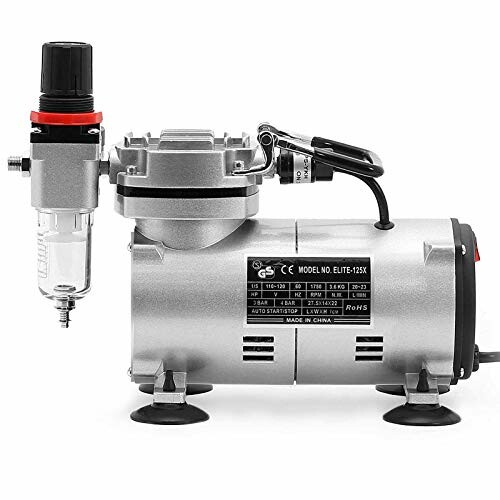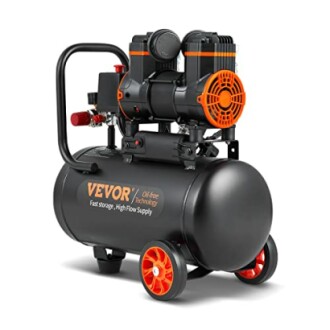
Ultimate Guide to Choosing the Right Air Compressor
Key Takeaways
- Understand the different types of air compressors and their applications.
- Determine the appropriate size and power requirements for your needs.
- Consider noise levels, especially if working in noise-sensitive environments.
- Explore available accessories to enhance your air compressor's functionality.
- Evaluate safety features to ensure reliable operation.
Choosing the right air compressor can feel overwhelming, given the wide array of options out there. Whether you're a DIY enthusiast gearing up for a home project or a professional contractor looking to enhance your toolbox, understanding the key factors such as size, power, and accessories can greatly influence your decision. In this guide, we’ll break down everything you need to know to make an informed choice.
Types of Air Compressors
Air compressors come in various shapes and sizes, tailored for different applications. Below are the most common types:
| Type | Best For | Key Features |
|---|---|---|
| Portable Compressors | DIY projects, small tasks | Lightweight, easy to transport |
| Stationary Compressors | Heavy-duty applications | Higher power, suited for workshops, fixed installation |
| Oil-free Compressors | Airbrushing, food decorating | Low maintenance, clean air output |
| Gas-Powered Compressors | Job sites without electricity | High mobility, rugged design |
Evaluating Size and Power
When selecting an air compressor, size and power are critical. Here’s how they affect performance:
- Size: Choose a unit that fits your workspace. Portable models are great for home users, while larger stationary models are better for workshops.
- Power: Measured in horsepower (HP) or cubic feet per minute (CFM), ensure the compressor meets the air requirements of your tools.
Size Considerations
Here are some key aspects to consider when determining the appropriate size:
- Available space: Ensure there’s enough room for the compressor and necessary accessories.
- Weight: Consider how often you’ll need to move it and whether portability is a factor.
- Storage: Check how easily it can be stored when not in use.
Power Requirements
Different tools require varying amounts of CFM. Ensure your compressor meets or exceeds these requirements:
| Tool | Required CFM | Suggested Compressor Size |
|---|---|---|
| Nail Gun | 2-4 CFM | 1-3 HP |
| Impact Wrench | 4-5 CFM | 3-5 HP |
| Spray Gun | 6-12 CFM | 5 HP+ |
Noise Levels
Noise can be a significant factor, especially in residential areas. Compressors typically range from 60 dB (silent) to over 90 dB (very loud). To help you choose the best option, consider:
- Your environment: If you work in a noise-sensitive area, opt for a quieter model.
- Longer work sessions: A quieter compressor can help reduce fatigue and discomfort.
Accessories and Features
Having the right accessories can greatly enhance the performance of your air compressor. Below are a few essential items to consider:
- Hoses: Ensure you choose high-quality hoses suited for your tasks.
- Regulators and gauges: These help maintain and adjust pressure for consistent performance.
- Water traps: Prevent moisture from affecting your tools.
- Filters: Keep the air clean for better results.
Safety Features
Safety is paramount when operating any power tool. Look for compressors with the following features:
- Overload protection: Stops the compressor from running if it gets too hot.
- Automatic shut-off: Turns off the compressor when it hits the desired pressure.
- Sturdy housing: Protects internal components from damage.
Top Recommendations
Ingersoll Rand SS3L3 3hp 60 gal Single-Stage Compressor
A durable, powerful compressor designed for heavy-duty applications, delivering consistent pressure for all your needs.
Explore NowThis compressor is ideal for professional use and can handle bigger tasks with ease. For more information about various air compressors, don't miss our detailed guide on Air Compressors.
PointZero 1/5 HP Airbrush Compressor
A portable air pump designed for precision work in quiet environments, perfect for airbrushing and artistic applications.
More DetailsIf you're focused on airbrushing, the PointZero is an excellent choice due to its low noise and precision features. For more tips on how to use air compressors for creative projects, check out our Sanders and Polishers article.
VEVOR 4.8 Gallon Air Compressor
This ultra-quiet compressor excels in performance while minimizing noise, making it ideal for home or garage use.
See ProductThe VEVOR air compressor is particularly suitable for tasks where noise might be a concern, such as in residential neighborhoods. For further insights on air tool efficiency, don't forget to read about Impact Wrenches.
Tips for Beginners
- Always read the manufacturer's manual before using a compressor.
- Invest in quality accessories to maximize your compressor's potential.
- Practice safety by wearing protective gear and knowing the features of your compressor.
Conclusion
Choosing the right air compressor involves understanding your needs, evaluating power and size, and ensuring safety features. By considering all the factors highlighted in this guide, you can confidently invest in a compressor that suits your requirements and enhances your productivity. Happy tool shopping!


